SEARCH
ALL NEWS
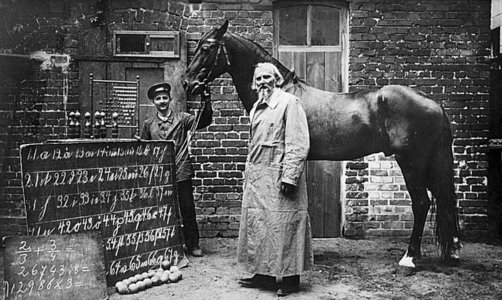
The Hidden Domino Effect
A team of BIFOLD researchers discovered that foundation models such as GPT, Llama, CLIP etc., trained by unsupervised learning methods, often produce compromised representations from which instances can be correctly predicted, although only supported by data artefacts. In a Nature Machine Intelligence publication the researchers propose an explainable AI technique that is able to detect the false prediction strategies.

Data Systems Retreat
For the first time, researchers from four data systems groups at BIFOLD and TU Berlin came together for a joint offsite retreat in Wandlitz. This unique gathering fostered collaboration, networking, and idea exchange among experts, marking a milestone in interdisciplinary research.
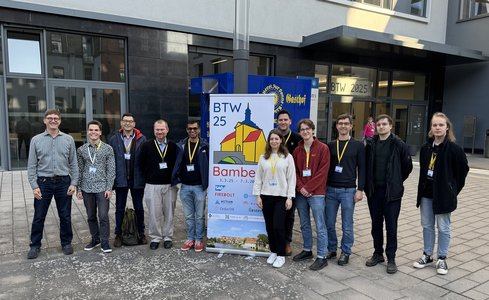
Multiple Awards for BIFOLD Researchers
The BTW 2025 proved as very successful for BIFOLD researchers: Not only won one of our alumni the Best Dissertation Award: Two additional BIFOLD groups were also honored.
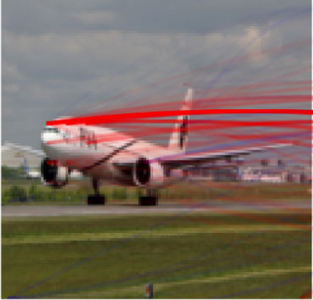
Insight into Deep Generative Models with Explainable AI
The just completed agility project "Understanding Deep Generative Models" focused on making ML models more transparent, in order to uncover hidden flaws in them, a research area known as Explainable AI.
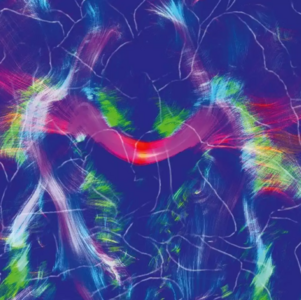
BIFOLD at MBB 2025
Two PhD students from BIFOLD will present their latest machine learning research for multimodal brain imaging at the 12th MindBrainBody Symposium 2025 in Berlin. Their work demonstrates AI-driven approaches to enhancing neuroimaging, contributing to interdisciplinary advancements in neuroscience.
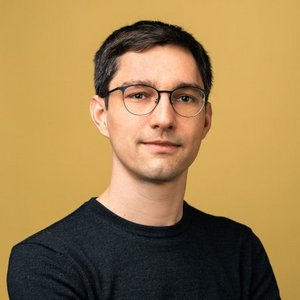
Best Dissertation Award for BIFOLD Alumni
Dr. Clemens Lutz has been awarded the Best Dissertation Award 2024 for his outstanding doctoral research in the field of database systems. His thesis contributes to a turning point in the field of foundational research on GPU-enabled database management systems. It will empower users to more quickly gain insights from large data volumes.
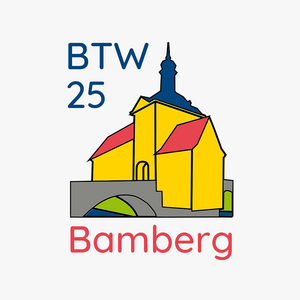
Paper Forecast BTW 2025
Several BIFOLD research groups participate in the 21st Conference on Database Systems for Business, Technology and Web in Bamberg, Germany, from March 3 to 7, 2025.
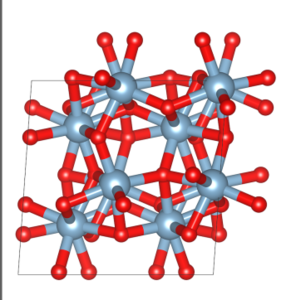
Guided exploration of chemical structures
The development of new, stable materials has enabled significant advancements across various research fields. A key challenge in this process is global energy optimization. The Agility Project "Guided Exploration of Chemical Space with Deep Neural Networks and Bayesian Optimization" has contributed to the advancement of current research in this area.
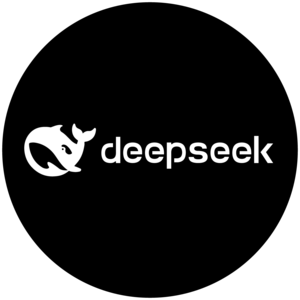
Expert Opinions on the Recent Success of DeepSeek
Experts from BIFOLD and TU Berlin on the difference between open source applications such as DeepSeek and other LLMs, and Europe's role in the development of artificial intelligence (AI).
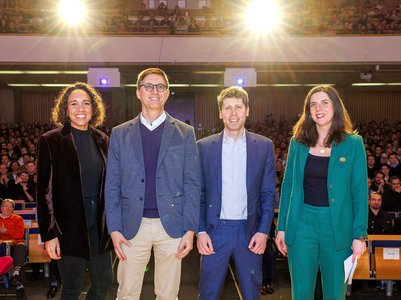
The Age of AI: Panel Discussion with Sam Altman
Review key insights from Sam Altman (OpenAI), Nicole Büttner (Merantix Monumentum), Fatma Deniz (TU Berlin), and Volker Markl (BIFOLD) as they examine the opportunities, challenges, and societal impact of AI. Watch the panel discussion for an analysis of AI's evolving role in research and industry.

